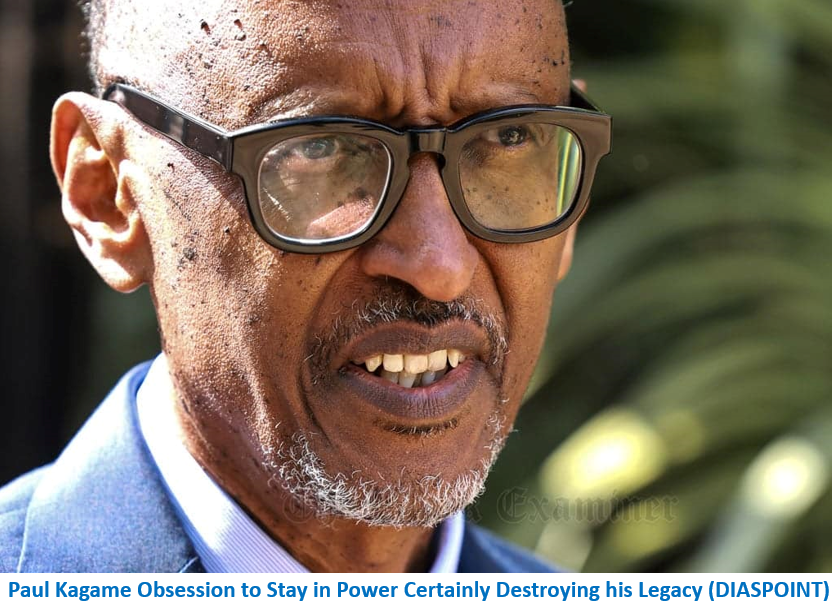Rwanda Using Violence to Silence Critics Across the Globe
Post By Diaspoint | October 14, 2023

The Rwandan government is trying to silence critics and dissidents living overseas through extrajudicial killings, kidnappings and intimidation, according to a report from Human Rights Watch.
The investigation, titled “Join Us or Die: Rwanda’s Extraterritorial Repression,” includes interviews with more than 150 people in Australia, Belgium, Canada, France, Kenya, Mozambique, South Africa, Tanzania, the United Kingdom, the United States, Uganda and Zambia, and others related to them in Rwanda.
“It is a relentless attack on individuals using a multiplicity of tools and tactics to try and keep people silent,” report co-author Yasmine Ahmed told VOA.
Rwandan Patriotic Front
The report notes that Rwanda’s President Paul Kagame and his ruling Rwandan Patriotic Front, or RPF, are often credited with rebuilding and reuniting the country after the 1994 genocide.
“However, the RPF, since it came to power in 1994, has also responded forcefully and often violently to criticism, deploying a range of measures to deal with real or suspected opponents, including extrajudicial killings, enforced disappearances, torture, political prosecutions, and unlawful detention, as well as threats, intimidation, harassment, and physical surveillance. Such measures are not limited to critics and opponents within the country,” the report said.
“The control, surveillance, and intimidation of Rwandan refugee and diaspora communities and others abroad can be attributed in part to the authorities’ desire to quash dissent and maintain control,” it added.
Fleeing Rwanda
Human Rights Watch interviewed Noël Zihabamwe, a prominent member of the Rwandan community in Australia. He was a young boy at the time of the 1994 genocide, and saw family and friends killed in the violence.
Ten years later, in 2004, he fled the country after refusing to join Kagame’s ruling party, the RPF.
“I know many people have refused to become members [of the ruling party] and end up being jailed or disappearing. So that’s how I left Rwanda,” Zihabamwe told Human Rights Watch.
After he left, Zihabamwe says his two brothers and his nephew were arrested in Rwanda.
Read More from original source
